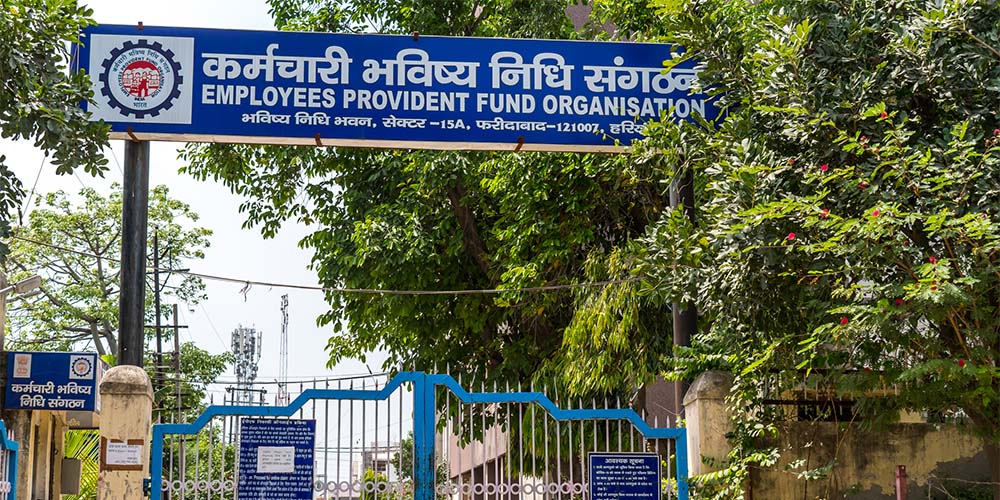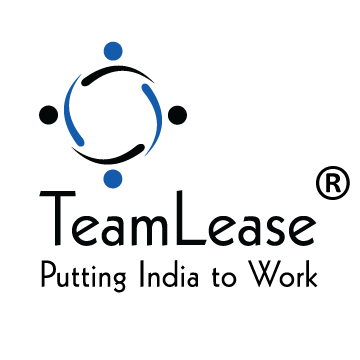RPO vs Contract Staffing: Choosing the Right Talent Model

The Talent Dilemma: Balancing Long-Term and Short-Term Hiring Needs
Priya, the HR Head of a fast-scaling Indian startup, faced a familiar challenge. Her company was preparing for a nationwide product launch and needed 50 sales professionals within weeks. At the same time, her operations team required additional back-office support to handle growing workloads.
Her internal recruiters were already stretched thin. The question was simple yet strategic – how could she meet both long-term hiring needs and short-term workforce demands without inflating costs or losing agility?
Her search led her to two complementary solutions: Recruitment Process Outsourcing (RPO) and Contract Staffing. Each addressed a different dimension of the workforce puzzle – one built long-term hiring capability, the other delivered immediate execution strength.
Why This Matters for HR Leaders
For HR leaders, people are not just headcount – they are the foundation of organizational growth. Today’s business environment demands speed, quality, and cost efficiency in hiring, often simultaneously.
Two proven approaches that enable this are RPO and Contract Staffing. Both aim to optimize workforce strategy, but they function differently. Understanding where each fits allows CHROs, HRBPs, and TA Heads to design a more agile and resilient talent ecosystem.
What Is Recruitment Process Outsourcing (RPO)?
Recruitment Process Outsourcing (RPO) is a strategic engagement where an external specialist manages part or all of an organization’s recruitment process. The RPO partner operates as an extension of the HR team, managing sourcing, assessments, interviews, onboarding, and analytics – using data-driven insights and process excellence.
Key Benefits of RPO
- Cost Efficiency: Streamlined recruitment workflows and economies of scale reduce cost-per-hire.
- Scalability: Adapts quickly to hiring surges or niche role requirements.
- Enhanced Quality of Hire: Data insights improve candidate fit, retention, and productivity.
- Employer Branding: Consistent candidate experiences strengthen the organization’s market reputation.
What Is Contract Staffing?
Contract Staffing offers organizations access to qualified professionals for defined periods or projects. The staffing agency manages employment, payroll, and statutory compliance, allowing businesses to stay lean and focused on their core operations.
Key Benefits of Contract Staffing
- Workforce Flexibility: Scale teams up or down based on demand.
- Access to Specialized Talent: Quickly onboard domain experts without permanent commitments.
- Reduced Administrative Overhead: HR operations and compliance are handled externally.
- Cost Optimization: Maintain productivity without long-term fixed headcount costs.
RPO vs Contract Staffing: A Comparative Snapshot
| Aspect | RPO (Recruitment Process Outsourcing) | Contract Staffing |
| Scope | End-to-end recruitment for permanent roles | Short-term or project-based roles |
| Engagement Type | Strategic, long-term partnership | Transactional, need-based engagement |
| Employment Relationship | Hires join client’s payroll | Workers remain on agency payroll |
| Cost Model | Cost-per-hire or management fee | Hourly, daily, or project-based |
| Primary Objective | Improve hiring quality and process efficiency | Ensure speed and flexibility |
| Ownership of Process | RPO provider manages recruitment lifecycle | Agency supplies talent; client manages work |
| Ideal Use Case | Scalable, long-term hiring | Temporary or surge workforce requirements |
How RPO and Contract Staffing Differ in Practice
While RPO engagements often run for several years and leverage recruitment analytics and automation, Contract Staffing focuses on rapid deployment and agility.
In RPO, the provider acts as a strategic talent partner, owning the entire hiring process. In Contract Staffing, the agency manages employment compliance and payroll, while the client oversees daily operations.
In essence, RPO builds future-ready talent pipelines, whereas Contract Staffing fills immediate skill gaps – both vital for a well-rounded talent strategy.
Building a Balanced Talent Strategy
Choosing between RPO and Contract Staffing isn’t about selecting one over the other. It’s about aligning both models to support different phases of business growth.
- RPO strengthens long-term talent acquisition and employer branding.
- Contract Staffing provides agility during scale-ups, seasonal peaks, or project-based work.
Forward-thinking HR leaders are increasingly adopting hybrid workforce strategies -combining RPO’s strategic depth with the responsiveness of Contract Staffing. This approach balances stability with flexibility, enabling companies to scale confidently while keeping operations lean.
Partnering for Agility and Compliance
If your business is expanding, managing seasonal demand, or executing time-bound projects, Contract Staffing can help you scale quickly and compliantly – without long-term overhead.
At TeamLease, we enable organizations across industries to build flexible, compliant, and high-performing teams. Our domain expertise, nationwide network, and digital compliance systems make us a trusted partner for both RPO and Contract Staffing needs in India.
Frequently Asked Questions (FAQs)
- What is the difference between RPO and Contract Staffing?RPO (Recruitment Process Outsourcing) is a long-term strategic partnership where an external provider manages end-to-end hiring for permanent roles. Contract Staffing, on the other hand, offers skilled professionals on a temporary or project basis. RPO enhances hiring efficiency and employer branding, while Contract Staffing delivers workforce flexibility and faster deployment.
- When should a company choose RPO over Contract Staffing?Organizations should opt for RPO when they need to strengthen long-term hiring capability, improve recruitment quality, and build sustainable talent pipelines. It is ideal for large-scale, continuous hiring. Contract Staffing is better suited for short-term projects, seasonal demand, or when agility and cost control are top priorities.
- How does Contract Staffing help manage workforce costs?
Contract Staffing reduces fixed headcount expenses by allowing businesses to pay only for the talent they need, when they need it. The staffing agency handles payroll, compliance, and benefits, which minimizes administrative costs and improves financial flexibility – especially useful in volatile or project-driven industries. - Can RPO and Contract Staffing be used together?
Yes. Many HR leaders use a hybrid talent strategy that combines RPO for strategic, long-term hiring with Contract Staffing for short-term flexibility. This balanced approach allows organizations to build a stable core workforce while maintaining the agility to scale quickly during business expansions or seasonal peaks. - Why choose TeamLease for Contract Staffing in India?
TeamLease brings over two decades of expertise in HR operations, payroll, and compliance. Its advanced digital workforce systems, ISO 27001-certified processes, and pan-India presence make it a trusted partner for global and Indian businesses alike.
Latest Blogs
Permanent vs. Contract Staffing: What’s Right for Your Business?
Workforce strategy matters now more than ever in India’s evolving employment landscape. As businesses strive for growth, efficiency, and regulatory compliance, choosing between permanent staffing...
Read MoreApprenticeship Programs vs Internship: Understanding the Difference
As India sharpens its focus on employability, workforce formalization, and industry-aligned skilling, the conversation around apprenticeship programs vs. internship has become increasingly important. For employers,...
Read MoreApprenticeship India: A Guide to NAPS, NATS & Compliance
As India strengthens its workforce strategy, apprenticeship initiatives in India are gaining renewed relevance for employers across sectors. With skill gaps widening and compliance requirements...
Read MoreHow Apprenticeships in India Help Build Job-Ready Talent?
In a fast-evolving job market, businesses across India face a common challenge: finding candidates who are not just qualified on paper but ready to perform...
Read MoreStrategic Workforce Planning in India: Why Smart Talent Strategy is Important?
For years, strategic workforce planning in India was treated as a back-office exercise—something to be revisited when hiring pressure built up or attrition spiked. That...
Read More





